Bac Ninh exerts efforts to ensure businesses thrive
To further strengthen private-sector innovation, Bac Ninh plans to accelerate administrative reforms, build a digital, service-oriented government, and develop an integrated innovation ecosystem that connects businesses with domestic and international institutions, universities, and experts.
As Vietnam’s economy continues its shift toward global integration, the northern province of Bac Ninh is actively implementing Resolution 68-NQ/TW, issued on May 4, 2025 by the Party Central Committee, to support private-sector growth through translating policy into practical outcomes, generating real opportunities for enterprises to thrive and contribute to the locality’s prosperity.
 |
|
ITM Semiconductor Vietnam Co., Ltd. in VSIP Industrial Park, Tu Son, Bac Ninh has always been given favorable conditions by the locality for production and business. |
Driving digital transformation in business sector
In recent years, Bac Ninh’s private enterprises have embraced innovation and integrated advanced technologies into production processes, supported by national and local initiatives aimed at accelerating private-sector development.
AMA Holdings Investment JSC, located in Yen Phong Industrial Park and specialising in supporting industries and precision engineering, has implemented smart manufacturing solutions with support from the Ministry of Industry and Trade, Bac Ninh People’s Committee, and Samsung Electronics Vietnam.
Nguyen Dinh Than, Director of the factory, said that prior to adopting smart manufacturing, tasks such as inventory checks, data recording, and product separation were handled manually, which caused inefficiencies and errors.
With the smart factory model in place, workflows have been streamlined, automation increased, and production efficiency improved 30%.
Thang Long Packaging Import-Export and Production JSC, based in Tu Son city, has also seen results from the smart factory programme.
Previously, the company dealt with decentralised and slow data systems that hampered decision-making. Since revamping its management systems, it has achieved continuous data flow, which has played a key role in winning new contracts both in Vietnam and abroad.
Do Thi Phuong Lien, Deputy General Director of the firm, stated that the model brought rapid and visible improvements.
She added that timely and accurate internal reporting had strengthened management, increased productivity, and boosted competitiveness, and that the company planned to implement the system across its entire operation.
Innotek JSC, located in Que Vo II Industrial Park and focused on precision engineering, has also made significant progress thanks to provincial support for smart factory adoption.
Its strategy to become a green, tech-driven business has helped it access high-standard markets such as Japan and the EU.
However, Nguyen Thi Nhan, the company’s General Director, stressed that for Vietnamese firms to remain globally competitive, stronger policy support was essential—especially in taxation and the training of skilled technical workers.
Strategic priority for private enterprise
As of 2024, Bac Ninh had more than 24,800 businesses with total registered capital of approximately 430.45 trillion VND (16.5 billion USD). Between 2020 and 2024, the province counted nearly 3,000 new business registrations per year—2.5 times the national average.
There are now 16 businesses per 1,000 residents, with the number expected to rise to 28 per 1,000 by 2030. Even accounting for inactive or dissolved firms, the ratio is projected to remain at 26 per 1,000, exceeding the 20 per 1,000 target outlined in Resolution 68-NQ/TW.
Vuong Quoc Tuan, Chairman of the Bac Ninh People’s Committee, affirmed the province’s commitment to viewing the private sector, particularly in science and technology, as a key engine of innovation, high-tech adoption, and sustainable value creation.
He noted that efforts will continue to improve the regulatory framework, enhance the business environment, and support start-ups, high-tech ventures, and private firms.
Ongoing programmes to promote technology transfer, finance access, and workforce development are yielding positive results and forming the foundation of a local innovation ecosystem.
A flagship initiative is the tripartite partnership between Bac Ninh, the Ministry of Industry and Trade, and Samsung, designed to support Vietnamese businesses in the province.
Bac Ninh also led the country in allocating 1 trillion VND to train high-quality talent for the semiconductor industry, while also building research centres and attracting top universities.
The private sector in Bac Ninh has expanded significantly in areas related to science and technology. Many companies are now investing in research and development (R&D) and embracing cutting-edge technologies such as artificial intelligence (AI), biotechnology, automation, and digital transformation—contributing to greater productivity and the development of a knowledge-based economy.
In May 2025, the province established five liaison committees for science and technology business associations. Tuan described this as a vital move toward building a comprehensive innovation ecosystem, where businesses can connect, share expertise, and collaborate for mutual growth.
These committees are expected to bridge the gap between government, businesses, and researchers—strengthening industry associations and promoting a culture of innovation within the business community.
To further strengthen private-sector innovation, Bac Ninh plans to accelerate administrative reforms, build a digital, service-oriented government, and develop an integrated innovation ecosystem that connects businesses with domestic and international institutions, universities, and experts.
The province is also working to improve access to technology, finance, infrastructure, and skilled human resources, positioning itself as a new growth hub based on science, innovation, digital transformation, and green development.
All industrial zone developers are now required to allocate 15–20% of land for domestic private technology enterprises.
Tuan concluded that the province is fully committed to supporting its enterprises. He emphasised that businesses are seen as central partners in Bac Ninh’s path to global integration and sustainable growth.
He expressed confidence that private science and technology firms would continue to lead with innovation, invest in R&D, and build competitive brands that can move from local markets to the global stage, helping the province achieve its development goals in the new era.
 Bắc giang
Bắc giang

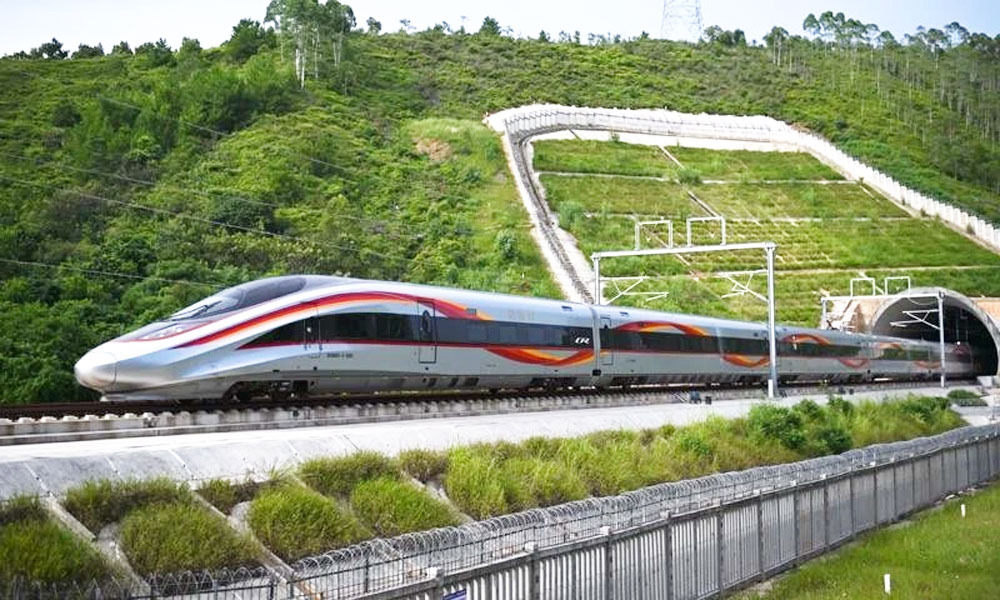
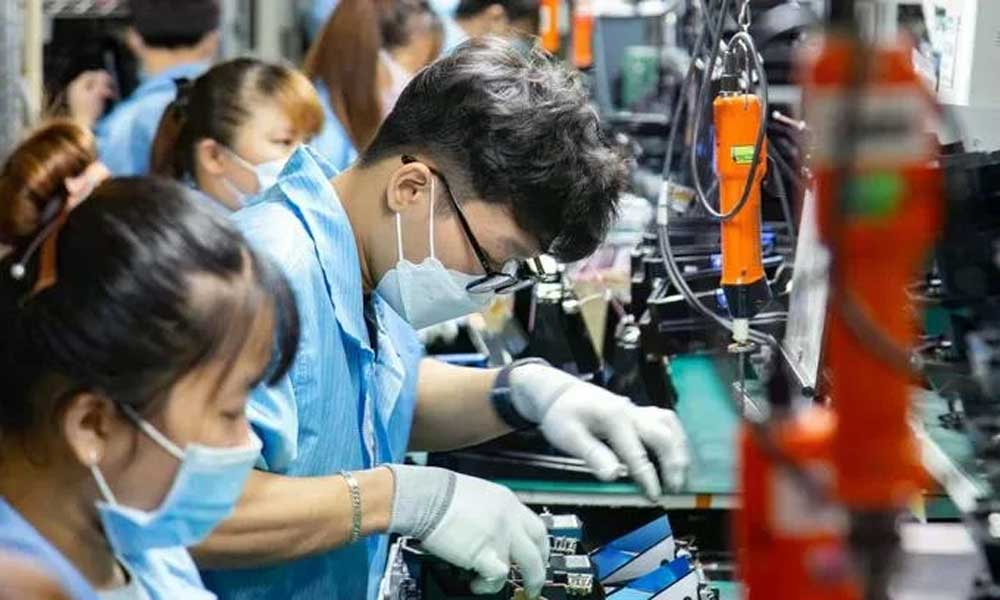
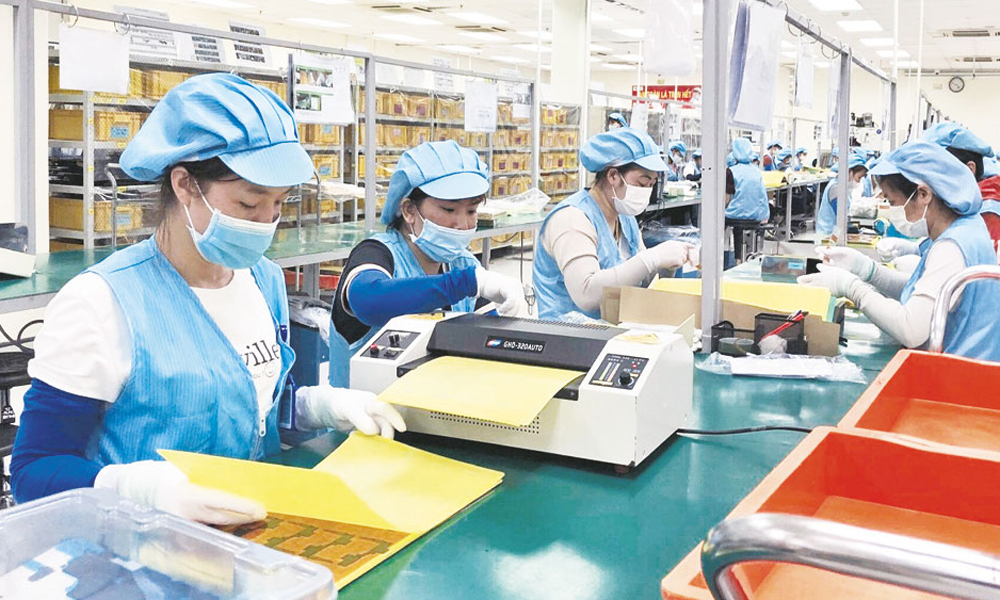



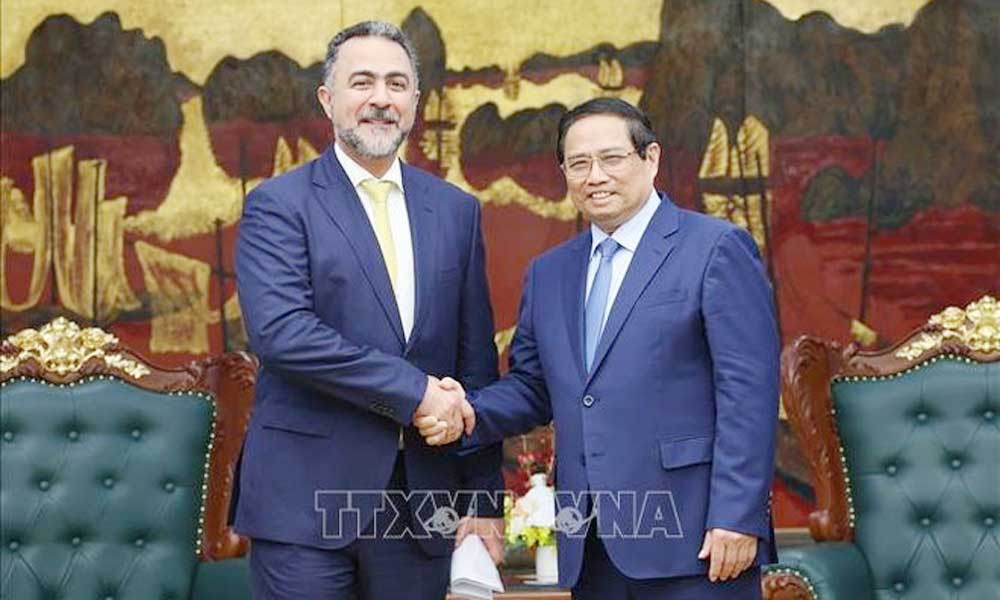
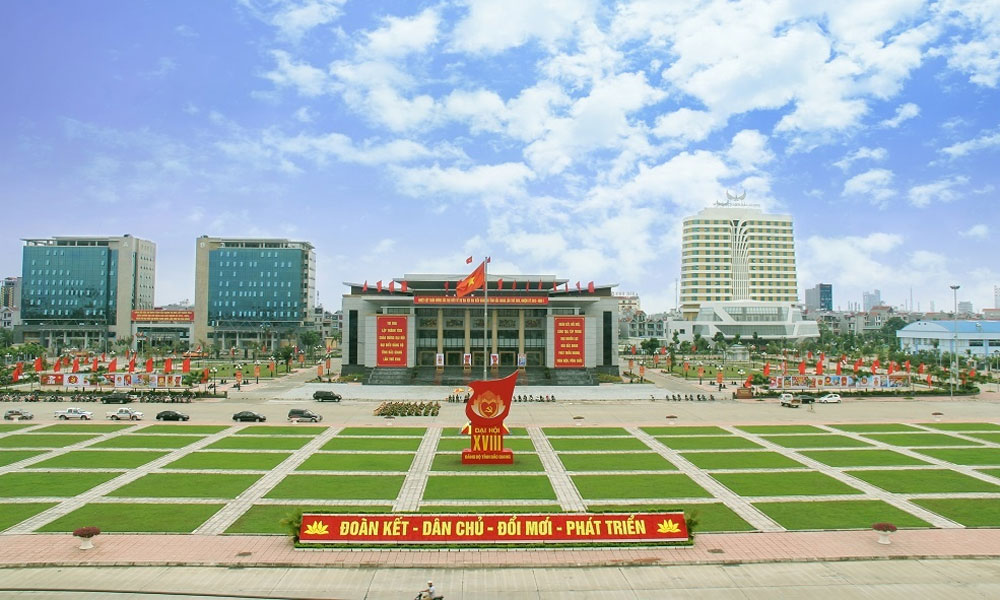

Reader's comments (0)